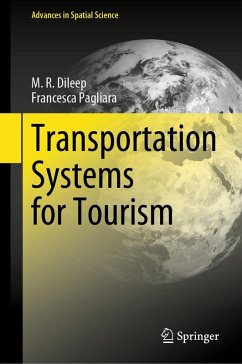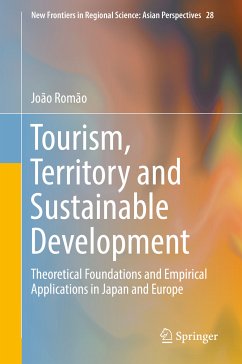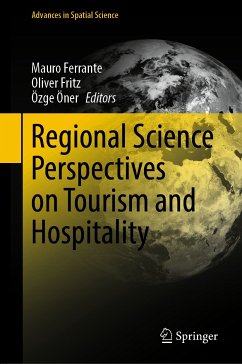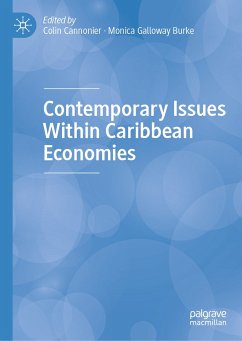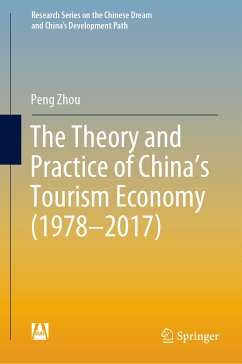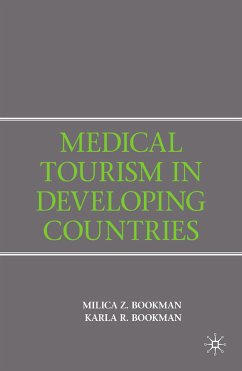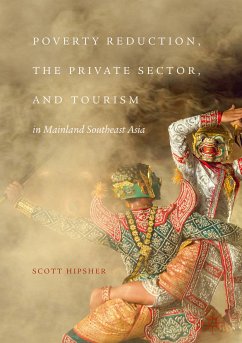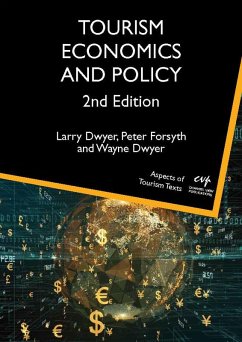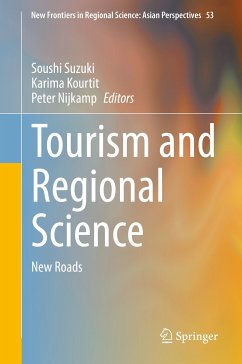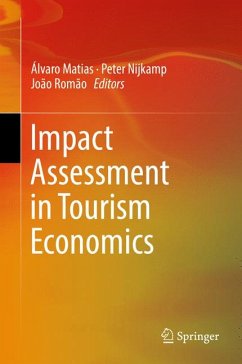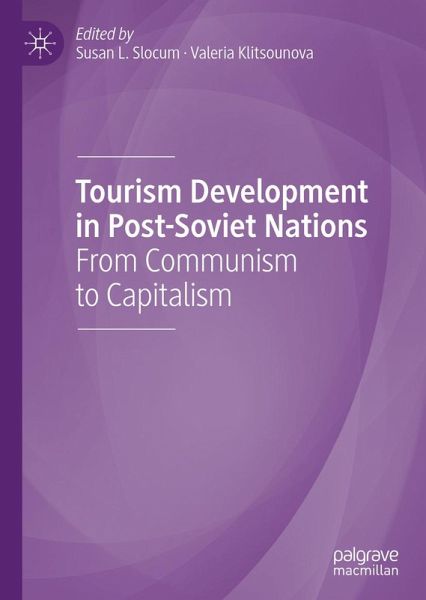
Tourism Development in Post-Soviet Nations (eBook, PDF)
From Communism to Capitalism
Redaktion: Slocum, Susan L.; Klitsounova, Valeria
Versandkostenfrei!
Sofort per Download lieferbar
104,95 €
inkl. MwSt.
Weitere Ausgaben:

PAYBACK Punkte
52 °P sammeln!
Former communist countries face unique issues in developing and marketing tourism businesses, communities, and attractions because of centralized polices that discouraged international influences. While soviet economies relied on state policies to facilitate community development, the success of capitalism lies in access to a variety of resources, such as the environment, fiscal services, infrastructure, and market knowledge at the local level. Moreover, communal societies potentially possess social capital that can provide unique economic development opportunities. This book incorporates a re...
Former communist countries face unique issues in developing and marketing tourism businesses, communities, and attractions because of centralized polices that discouraged international influences. While soviet economies relied on state policies to facilitate community development, the success of capitalism lies in access to a variety of resources, such as the environment, fiscal services, infrastructure, and market knowledge at the local level. Moreover, communal societies potentially possess social capital that can provide unique economic development opportunities. This book incorporates a regional perspective that widens the tourism development debate to include theoretical analyses, applied research, and case studies that document the broader successes and challenges that affect tourism stakeholders and addresses the necessary elements that facilitate a comprehensive tourism development strategy in emerging and transitioning former communist countries.
Dieser Download kann aus rechtlichen Gründen nur mit Rechnungsadresse in A, B, BG, CY, CZ, D, DK, EW, E, FIN, F, GR, HR, H, IRL, I, LT, L, LR, M, NL, PL, P, R, S, SLO, SK ausgeliefert werden.



